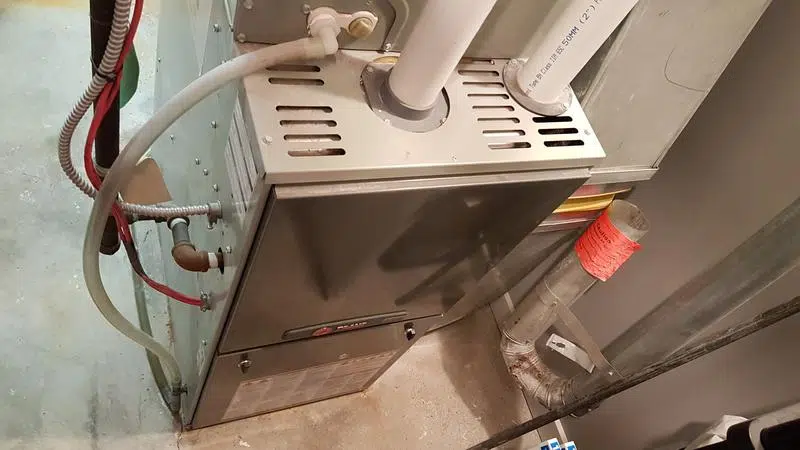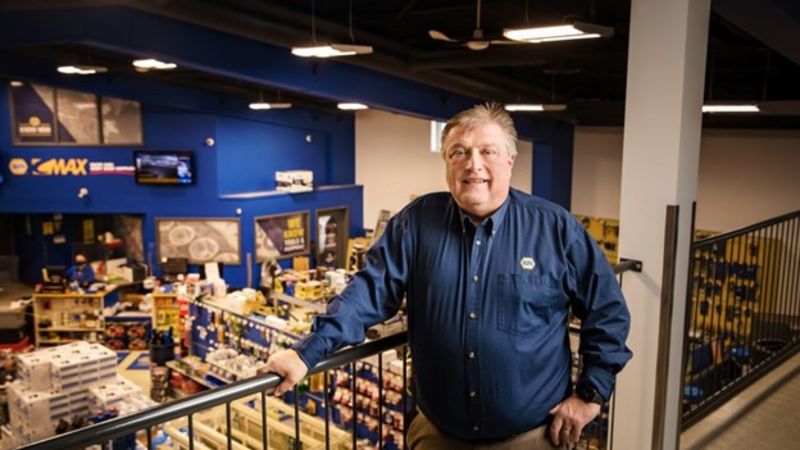
Melfort Ambulance urges furnace, chimney inspection
The colder weather is here, and Melfort Ambulance wants everyone to remember to give their furnaces a once-over, mainly to avoid the risk of carbon monoxide poisoning.
Manager Wayne Therres said as we get deeper into fall, the time to inspect your furnaces and fireplaces is now.
The first step, should be checking the outlets.
“Not always chimneys, some of the newer furnaces now have a side vent out the side of the house that’s just a pipe that runs out the side so we want to make sure that that’s not blocked,” Therres said. “Even more important if you live in a rural area because we have small animals or birds that are looking to find a warm place to spend the winter.”



